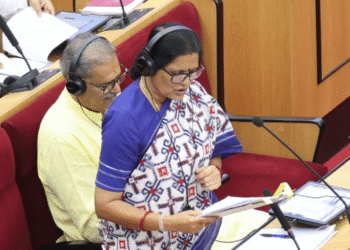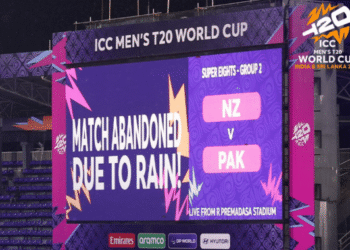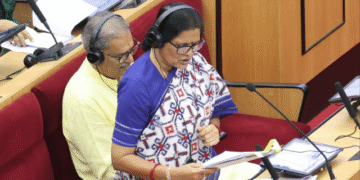The Supreme Court on Monday refused to grant refuge to a Sri Lankan Tamil national, asserting that India cannot be a shelter for refugees from across the world.
A bench comprising Justice Dipankar Datta and Justice K Vinod Chandran made the strong remark while hearing the petitioner’s plea to remain in India, citing threats to his life in Sri Lanka.
The petitioner, arrested in 2015 for alleged links to the banned Liberation Tigers of Tamil Eelam (LTTE), was convicted in 2018 under the Unlawful Activities (Prevention) Act (UAPA) and sentenced to 10 years in prison. The Madras High Court later reduced his sentence to seven years in 2022 and ordered his deportation upon release, mandating his stay in a refugee camp in the interim.
Arguing his case, the petitioner said he had entered India legally on a visa, had served his sentence, and that his wife and children were already settled in the country. He also expressed concern for his safety if deported.
However, the bench rejected these arguments, with Justice Datta stating:
“India is not a dharamshala. We are already struggling with a population of 140 crore. We cannot host refugees from around the world.”
The petitioner’s counsel had invoked Article 21 (right to life and personal liberty) and Article 19 (fundamental freedoms) of the Constitution. The court, however, clarified that Article 19 protections apply only to Indian citizens, and that his detention did not violate Article 21 since it was carried out under due legal process.
The bench advised the petitioner to consider seeking asylum in another country, reinforcing that India must prioritize its own national challenges and population burden over accommodating foreign nationals with tenuous legal standing.





























